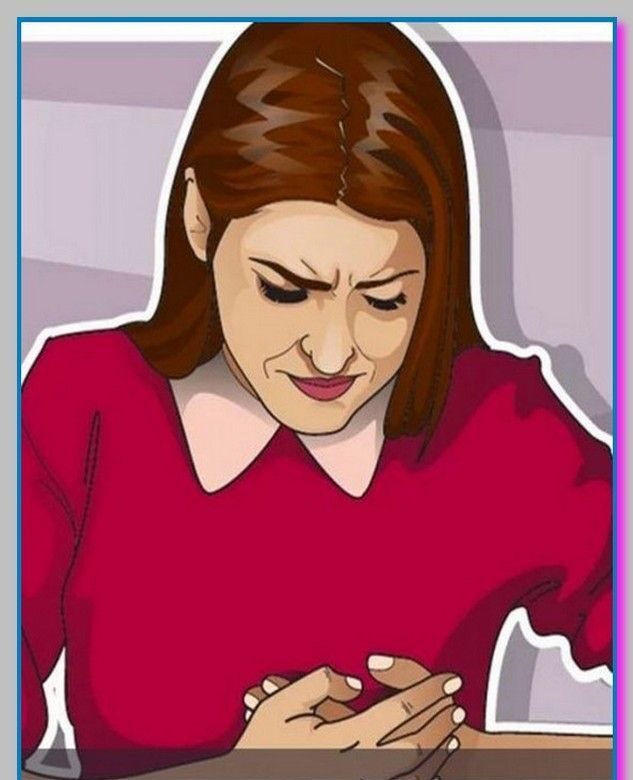Heart attacks have long been associated with men, with the left anterior descending artery, commonly responsible for severe heart attacks, referred to as the “widow-maker artery.” However, recent studies have shed light on the significant impact of heart attacks on women, revealing that they face twice the mortality rate compared to men. Dr. Kaushal Chhatrapati, a prominent Senior Interventional Cardiologist, shared surprising facts during an interview with HT Lifestyle, emphasizing the urgent need to address this issue.
The study conducted in Europe uncovered unexpected findings, challenging the notion that heart disease is rare in pre-menopausal women. Dr. Chhatrapati pointed out that women often present with more widespread diseases than men when experiencing heart attacks. They are likely to have multiple risk factors such as diabetes, hypertension, and high cholesterol. The challenge lies in the fact that women frequently display atypical symptoms, leading to delayed diagnosis and treatment, often until it is too late. Symptoms may be mistakenly attributed to other conditions, such as being “hysterical” or “functional,” further complicating timely intervention.
Dr. Chhatrapati highlighted the rising prevalence of smoking among women as another contributing factor to the increasing occurrence of heart attacks. Moreover, exercise is less frequently undertaken by females, adding to their vulnerability. Another concerning aspect is the misconception that females are immune to heart attacks due to female hormones, leading some doctors to overlook heart attack diagnoses in women.
Economic considerations also play a role in the mortality disparity. In many families, women are not the primary breadwinners, leading to hesitance in seeking expensive angioplasty procedures for non-earning female family members. This disparity in treatment options contributes to the difference in mortality rates between men and women.
Dr. Chhatrapati emphasized the necessity of transforming this mindset and recognizing that women are no longer immune to heart attacks. All cases of chest pain, regardless of sex, should be treated with equal seriousness. Stringent risk factor control should be applied to both sexes to ensure optimal heart health. As more women join the workforce and gain access to health insurance benefits, discrimination within families may diminish, leading to better treatment opportunities. Government-sponsored health schemes that offer free treatment to both genders contribute to universal healthcare possibilities.
The health expert urged the medical community to take action, stressing the importance of providing timely and appropriate treatment to women experiencing heart attacks. Neglecting the health of half the population is unacceptable, especially when effective interventions can save lives. As the nation matures, prioritizing women’s health and offering them the best possible treatment must become a fundamental aspect of healthcare practices.


